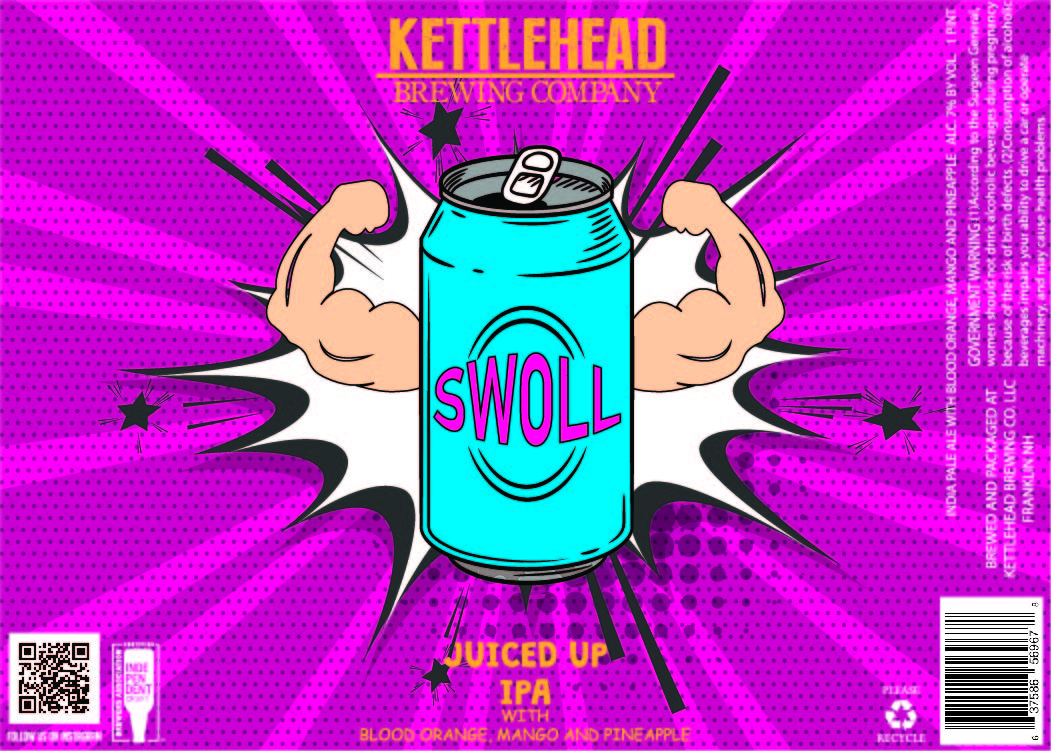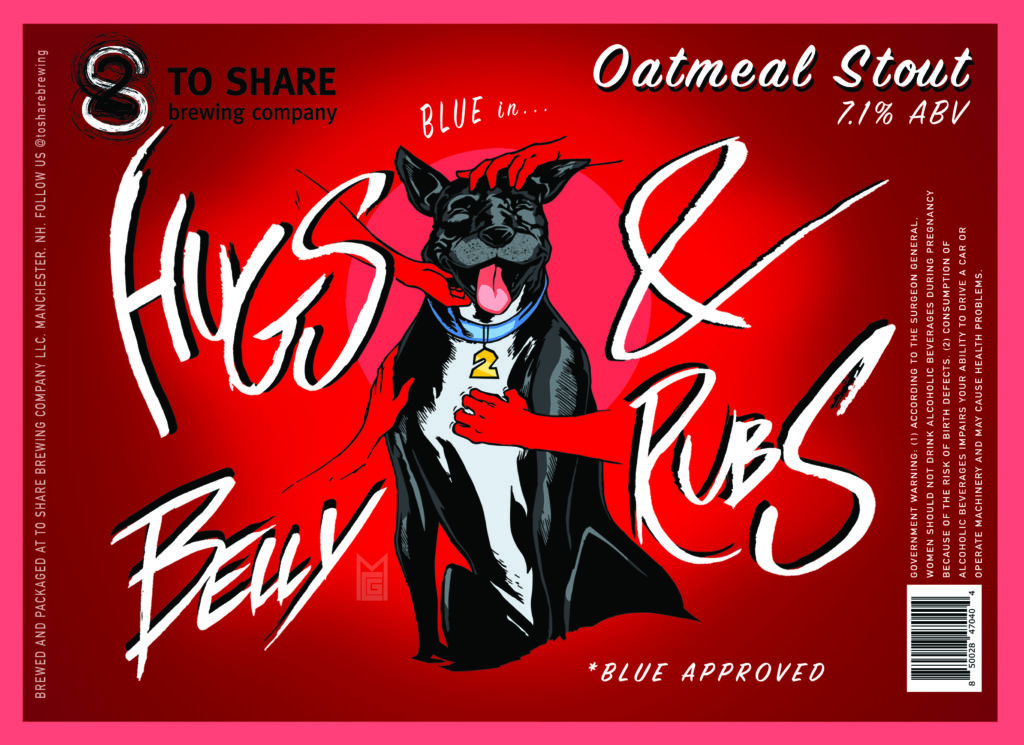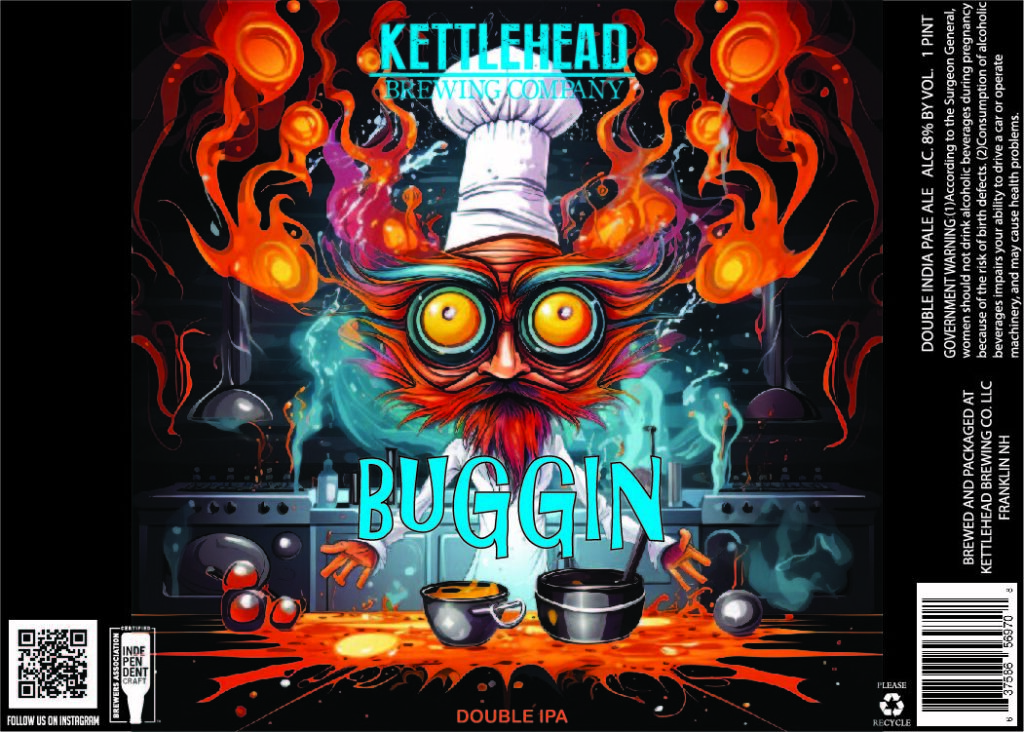Ayotte’s Medicaid Premium Plan Would Protect State’s Generous Benefits, Supporters Say

Almost everything Granite Staters are hearing about Medicaid in New Hampshire is wrong.
So say supporters of the Medicaid reforms proposed by Gov. Kelly Ayotte and passed by the GOP-controlled House. To make their case, they point to facts that rarely make it into the current debate about the generosity of New Hampshire’s Medicaid system.
Critics focus on the increase in costs for Medicaid users, such as adjusting the cost-sharing from $1 or $2 per prescription to $4 to reflect the impact of inflation.
What’s overlooked is the fact that New Hampshire has the fifth-highest income limit in the country for eligibility in Medicaid’s Children’s Health Insurance Program (CHIP).
Families earning up to 323 percent of the federal poverty line can qualify for CHIP in New Hampshire, while the national median is 255 percent. Families who earn more than that aren’t eligible for any benefits in 25 other states.
And so, when Democrats label Ayotte’s plan to have some families pay a monthly premium a “Medicaid income tax,” they fail to note those families wouldn’t even be eligible for Medicaid in most other states.
“This is something that’s going to preserve the eligibility for Medicaid, and we have some of the highest eligibility in the country, and I thought it was really important that we preserve that eligibility,” Ayotte told NHJournal.
Another key detail: only about 10 percent of children covered by CHIP are in households earning enough to pay the monthly premiums. And those costs are capped at five percent of the family’s annual income.
The big picture story of Medicaid in New Hampshire is similar to the one told across the U.S. During the COVID crisis, the federal government used its emergency power to impose “continuous eligibility” on the states’ Medicaid benefits. Instead of having eligibility evaluated annually, anyone who qualified for Medicaid once simply stayed on the system, regardless of their personal situation.
An obvious example is a worker whose workplace was locked down during the pandemic and who qualified for Medicaid, only to return to work six months later. Without eligibility evaluations, he stayed on Medicaid.
As one person involved in New Hampshire’s Medicaid debate told NHJournal, “You could literally win the Powerball and keep getting free healthcare.”
During that period, enrollment in New Hampshire Medicaid reached record levels, growing almost 42 percent above March 2020. The spending was massive. While New Hampshire’s overall state spending grew about 40 percent over that period, state spending on Medicaid is now up by 60 percent — one-third faster than overall spending.
To fill the gap, Ayotte is eyeing a savings of up to $30 million from Medicaid by adding some cost sharing to the plan.
Ayotte’s premium proposal would not be universal. What Democrats attack as an “income tax” is actually a floor to ensure the neediest recipients are protected.
For people on Granite Advantage, the premium doesn’t kick in until 100 percent of the federal poverty level of income. That’s $15,650 for an individual, or $32,150 for a family of four. People earning up to 138 percent of the federal poverty rate would continue to qualify for Granite Advantage under Ayotte’s plan. That’s $21,597 for an individual, or $44,367 for a family of four.
Under the Affordable Care Act, any changes to the Granite Advantage program would have to be cleared at the federal level first. Therefore, no changes could be implemented until 2027.
For children covered by CHIP, premiums do not take effect until their family reaches 255 percent of the federal poverty level. A single parent with one child earning $52,875 is at 250 percent of the federal poverty rate and would not pay a premium for CHIP. A family of four earning $80,375 is also at 250 percent.
According to the nonprofit Kaiser Family Foundation, New Hampshire has about 18,000 children covered by CHIP. Of those, between 8,000 and 8,500 are in families who would see premiums introduced to their healthcare plans.
Inside the State House, Democrats argue no cost savings would be necessary if not for GOP-backed tax cuts. They’ve called for a return of the income tax on interest and dividends to increase revenue.
Outside the State House, the activist group NH Medicaid Matters says poorly thought-out plans for federal and state budget cuts in Medicaid would land hardest on the poor and working families.
“The proposed cost-sharing measures would shift more costs to families and enrollees, imposing additional financial burdens and barriers to care,” the group states. “For a family of three making $68,000 per year, the monthly premium could be over $280 each month, with $4 co-pays per prescription. A single individual on Medicaid expansion making around $15,000 per year could also be subjected to increased costs.”
Ayotte said the proposal she’s backing would make sure there are carveouts for people who fall between the income cracks.
“We’re also going to have a hardship provision to make sure that if there’s a hardship and you’re unable to pay, you still receive coverage,” Ayotte said.


 NHJournal has learned the NHLC is implementing strict new rules on what beer makers may put on their labels, and they are doing it based on a questionable interpretation of the agency’s current power, along with a proposed law expanding that power but hasn’t been passed by the legislature.
NHJournal has learned the NHLC is implementing strict new rules on what beer makers may put on their labels, and they are doing it based on a questionable interpretation of the agency’s current power, along with a proposed law expanding that power but hasn’t been passed by the legislature.


